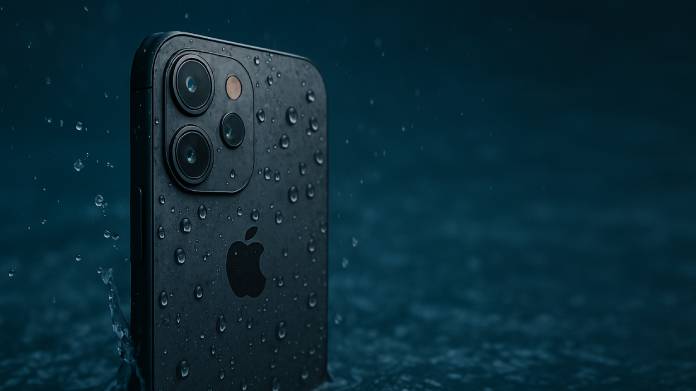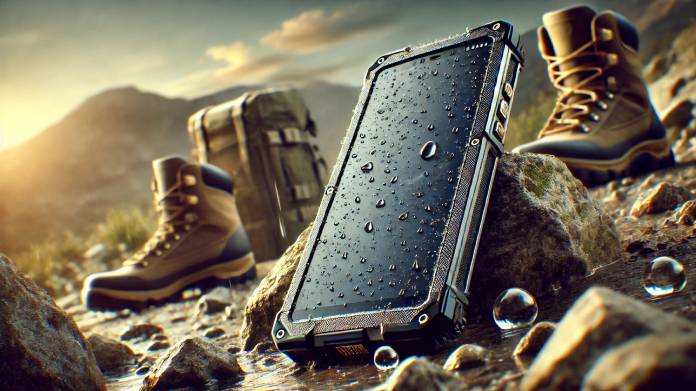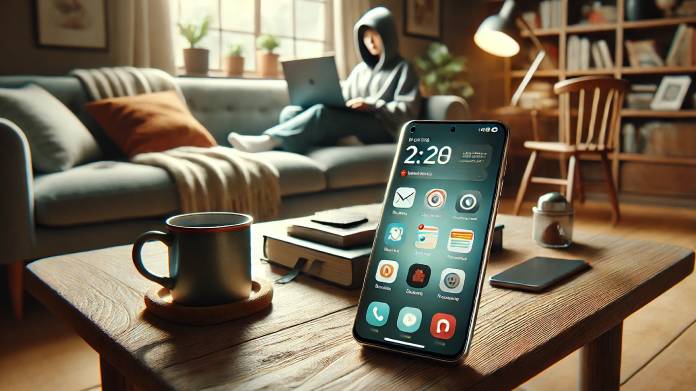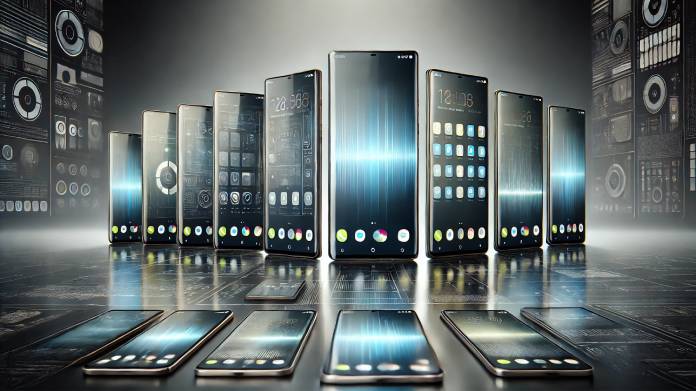
Can an iPhone Get a Virus?
February 5, 2025When it comes to our beloved iPhones, we tend to think they’re invincible—a digital fortress so secure that even viruses wouldn’t dare breach. But is this true? Can your iPhone actually get a virus? While Apple’s sleek design and “walled garden” ecosystem make malware invasions rare, they’re not impossible. If your iPhone starts heating up more than your morning coffee or downloads apps you’ve never heard of, you might have a problem. Let’s dive into what you need to know about keeping your iPhone virus-free!

How Do I Know If My iPhone Has a Virus?
Spotting a virus on an iPhone can be tricky—after all, they don’t come with neon signs. However, here are some tell-tale symptoms that might raise red flags:
Overheating: Does your iPhone feel like it’s auditioning for a role as a portable heater? Malicious apps running in the background could be to blame.
Pop-ups Galore: If you’re getting pop-ups even when Safari is closed, you might have a malware hitchhiker
Mystery Apps: Found an app on your iPhone that you didn’t download? It could be a sign of unauthorized activity
Battery Draining Fast: If your phone’s juice runs out faster than you can say “low power mode,” malware could be the culprit

Can iPhones Get Viruses from Websites?
Yes, but it’s rare. Visiting a malicious website can lead to your phone downloading harmful files or being exposed to scams. Fake virus warnings—designed to panic you into clicking suspicious links—are particularly common. Pro tip: Apple doesn’t warn you about viruses via pop-ups, so if one appears, don’t click! Instead, clear your browsing history and block pop-ups in Settings .
How Do I Clean My iPhone from Viruses?
Feeling like your iPhone might be playing host to some digital pests? Follow these steps to restore order:
Restart Your iPhone: Turning it off and on again can clear minor issues (classic IT advice for a reason).
Clear Browsing History: Go to Settings > Safari > Clear History and Website Data. This sweeps away any lingering malware from your browser
Delete Suspicious Apps: Locate and uninstall any apps you don’t recognize
Restore From a Backup: If problems persist, restore your phone to a previous backup version—preferably one from before things went haywire
Factory Reset: As a last resort, reset your iPhone to its original settings. Don’t forget to back up important files first!
What is Jailbreaking?
Jailbreaking is the process of removing software restrictions imposed by Apple on iOS devices, allowing users to install apps, tweaks, and customizations that aren’t available on the official App Store. Think of it as giving your iPhone a “get out of jail free” card—but with risks.
Why Do People Jailbreak Their iPhones?
Some users jailbreak their iPhones to:
- Install third-party apps not approved by Apple
- Customize the iOS interface beyond Apple’s limits
- Remove default Apple apps
- Unlock carrier restrictions
Risks of Jailbreaking
While jailbreaking gives users more control, it also exposes the device to significant risks, including:
- Security vulnerabilities – Apple’s restrictions exist for a reason. Jailbreaking removes built-in protections, making the device more susceptible to malware and hacking .
- Viruses & malware – Many third-party apps available on jailbroken devices aren’t vetted, increasing the risk of infection .
- Stability issues – Tweaks and unofficial apps can cause crashes, performance drops, or even “bricking” (rendering the device unusable).
- No more Apple support – Jailbreaking voids your iPhone’s warranty, so Apple won’t help if something goes wrong.
Should You Jailbreak?
For most users, the risks outweigh the benefits. If security, stability, and Apple support are important to you, it’s best to keep your iPhone in its original “walled garden.” However, if you’re an advanced user willing to take the risks for customization freedom, jailbreaking might be tempting—just proceed with caution. That said, even if you don’t jailbreak your iPhone, it’s still important to be aware of potential security threats. So, how vulnerable is an iPhone to hacking?

Can an iPhone Be Hacked?
While iPhones are famously secure, they’re not hack-proof. Jailbreaking your phone opens it up to a world of trouble—like downloading unvetted apps with hidden malware. Even without jailbreaking, hackers can exploit public Wi-Fi, phishing scams, or vulnerabilities in outdated iOS versions. Bottom line? Always use strong passwords, avoid suspicious links, and update your software.
Why Does My iPhone Get Hot?
A hot iPhone isn’t always a sign of a virus—it could just be overworked! Streaming, gaming, or using GPS for hours can crank up the heat. However, if your phone is overheating while idle, malware might be to blame. Rogue apps or background processes can push your iPhone’s resources to the limit.
How Do I Run a Security Check on My iPhone?
While iPhones don’t come with built-in antivirus tools, you can still take steps to ensure its security:
- Update iOS Regularly: Apple’s updates include critical security patches.
- Review App Permissions: Check Settings to ensure apps aren’t overstepping their boundaries.
- Use Trusted Security Apps: Reputable tools like Norton or McAfee can alert you to risks .
Final Thoughts
So, can an iPhone get a virus? Rarely, but it’s not impossible. By sticking to the App Store, avoiding suspicious links, and keeping your iOS up to date, you can enjoy peace of mind (and a virus-free phone). Remember, a little caution goes a long way in the digital world









